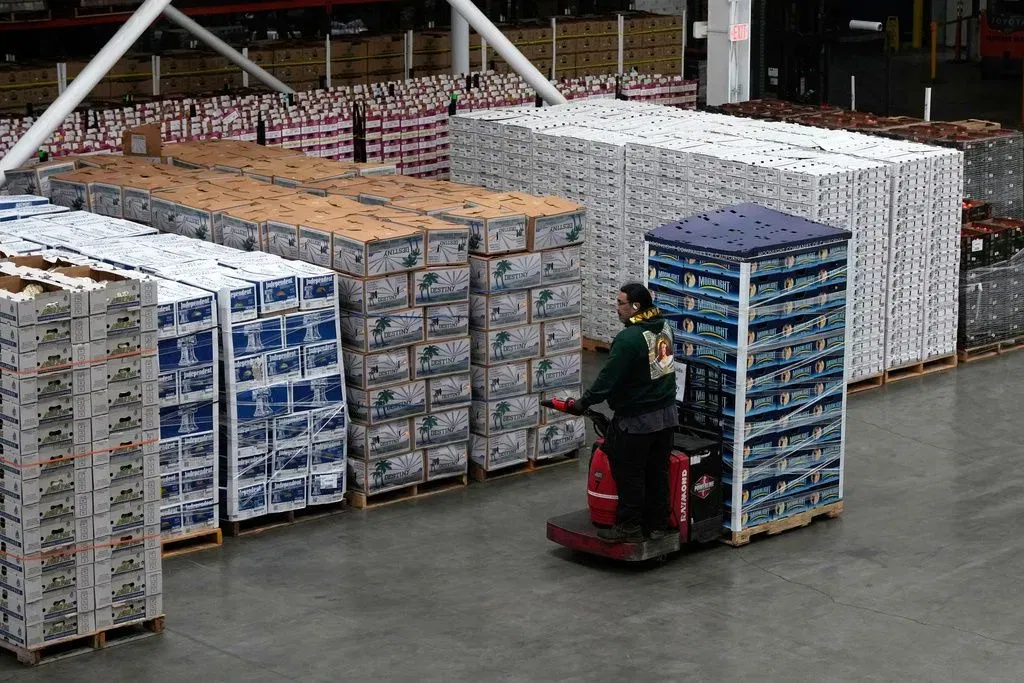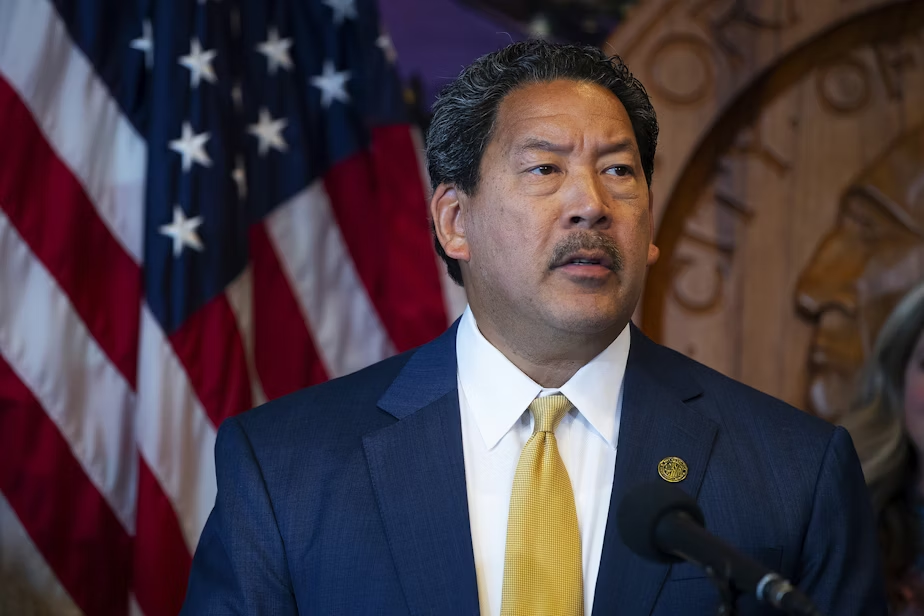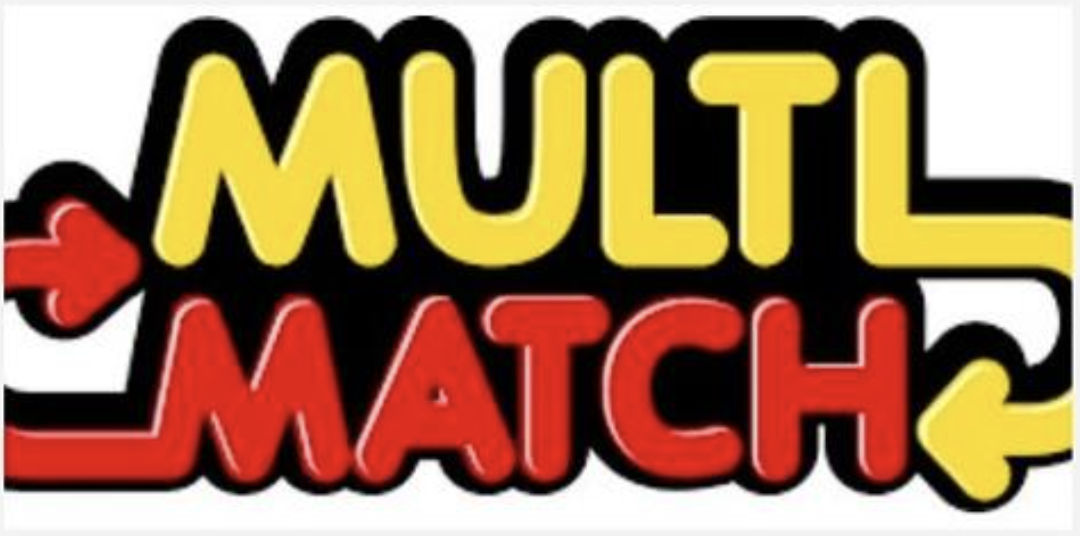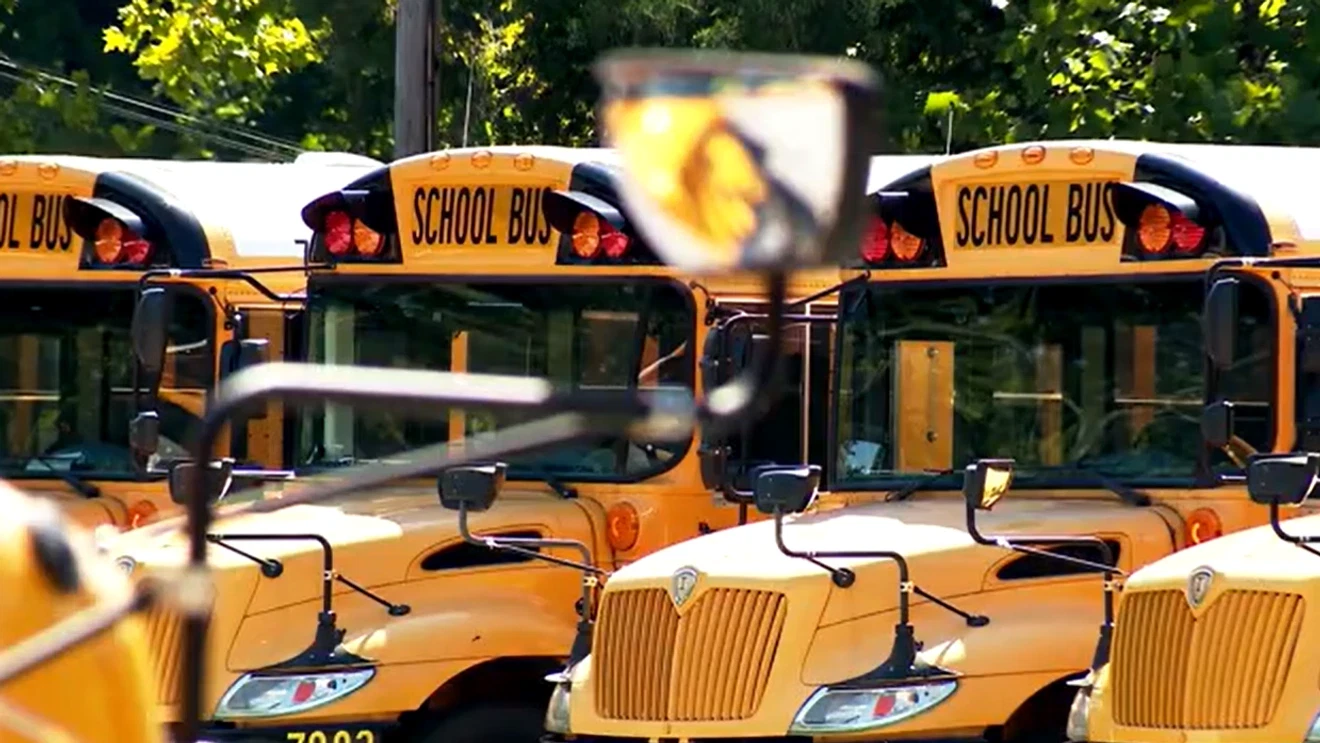SEATTLE — Food banks and hunger relief organizations across Seattle are raising the alarm as sweeping changes and reductions to the federal Supplemental Nutrition Assistance Program (SNAP) begin taking effect, threatening to destabilize the food security of thousands of vulnerable residents.
At the center of this concern is Food Lifeline, a major food distributor that supplies over 300 food banks across Western Washington. Its Director of Advocacy and Public Policy, Aaron Czyzewski, told KOMO News that their system is already overwhelmed — even before the SNAP cuts were implemented.
“When I talk about this warehouse turning over every few days, it’s that we just simply don’t have enough food to meet the demand,” Czyzewski explained. “Food insecurity in Washington state is higher now than during the peak of the pandemic.”
Demand Rising, Donations Declining
Local food banks such as the West Seattle Food Bank and the Food Bank at Saint Mary’s report growing numbers of walk-ins every week. With food costs continuing to climb and donations slowing down, it’s becoming increasingly difficult to keep shelves stocked.
These challenges come as more Washington residents face the possibility of losing their SNAP benefits altogether due to recent federal eligibility changes.
Who’s Affected by the New SNAP Rules?
According to the Washington State Department of Social and Health Services (DSHS), nearly 1 million people in Washington rely on SNAP each month. Under the new requirements, about 140,000 recipients may lose eligibility if they don’t meet stricter work or exemption conditions.
Per the Center on Budget and Policy Priorities, these new rules include:
-
Parents with children over age 6, and adults aged 55 to 64, must now prove they work at least 20 hours per week or qualify for a specific exemption (such as disability status).
-
Failure to meet these conditions may result in receiving only three months of benefits within a 3-year period.
Reduced Benefits, Less Support
Beyond eligibility, the value of SNAP benefits is also shrinking. Washington Attorney General Bob Ferguson’s office has stated the average household will see a $56 reduction in monthly benefits under the Thrifty Food Plan. For a family of four, the maximum monthly allotment would drop from $975 to $848.
Adding to the strain, SNAP will no longer automatically adjust for inflation, reducing families’ purchasing power over time.
“SNAP used to adjust with inflation to help families keep up with rising food prices — that’s no longer the case,” Czyzewski said.
New State Costs Looming
The federal changes will also impose new financial responsibilities on individual states. Beginning October 1, 2027, states like Washington will be required to cover 5% to 15% of SNAP’s total costs — which DSHS estimates could total $100 to $300 million annually.
“Nobody’s told me where that money’s going to come from,” Czyzewski said, noting that Washington is already grappling with a historic budget shortfall.
Political Backlash and Broader Implications
KOMO News reached out to Attorney General Ferguson regarding whether the state is prepared to fund the shortfall. His office issued a scathing response, criticizing the bill — dubbed the “Big Beautiful Bill” — which enacted the SNAP changes during the Trump administration.
“President Trump’s cruel bill will literally take food away from thousands of Washington children to pay for tax cuts for billionaires,” the statement read. “Hunger impacts kids’ performance in school, their health, and their physical development. These cuts will adversely impact a generation of kids into the future.”
Ferguson previously stated that the bill “takes food from our most vulnerable Washingtonians to give tax breaks to the ultra-wealthy.”
Uncertain Future for Hunger Relief
With fewer resources, stricter requirements, and an increasing number of people seeking help, Seattle’s food banks and state officials face a looming crisis. As food insecurity surges and funding becomes more unstable, advocates are calling for urgent legislative action to protect and strengthen SNAP before more families fall through the cracks.
In the meantime, food banks across the region are bracing for record-high demand, as thousands more Washingtonians could soon be forced to turn to community organizations for the most basic necessity: food.








Leave a Reply